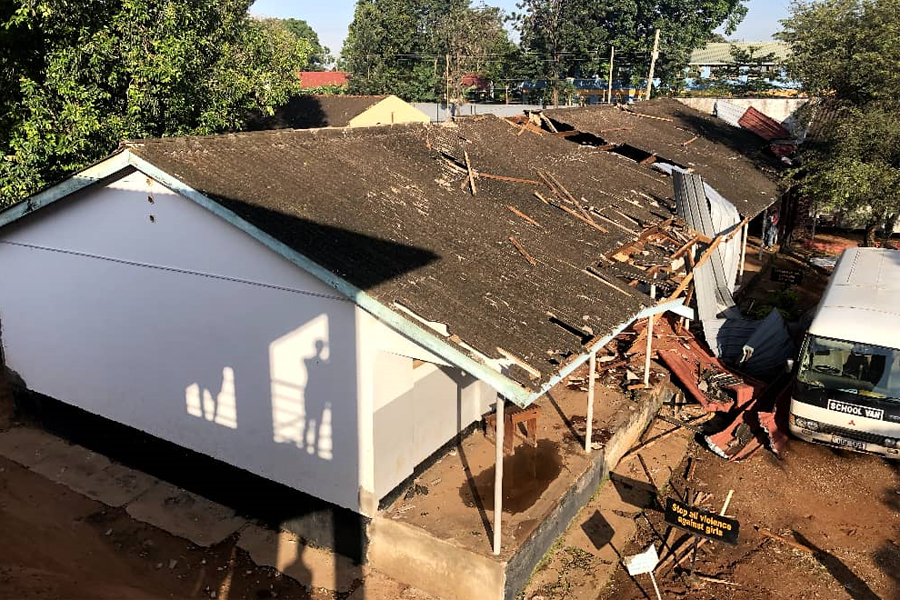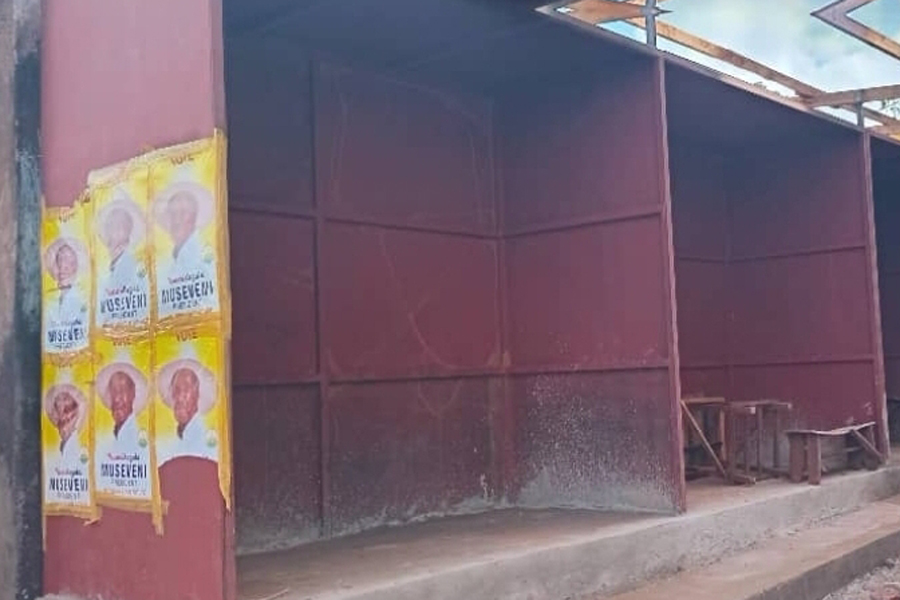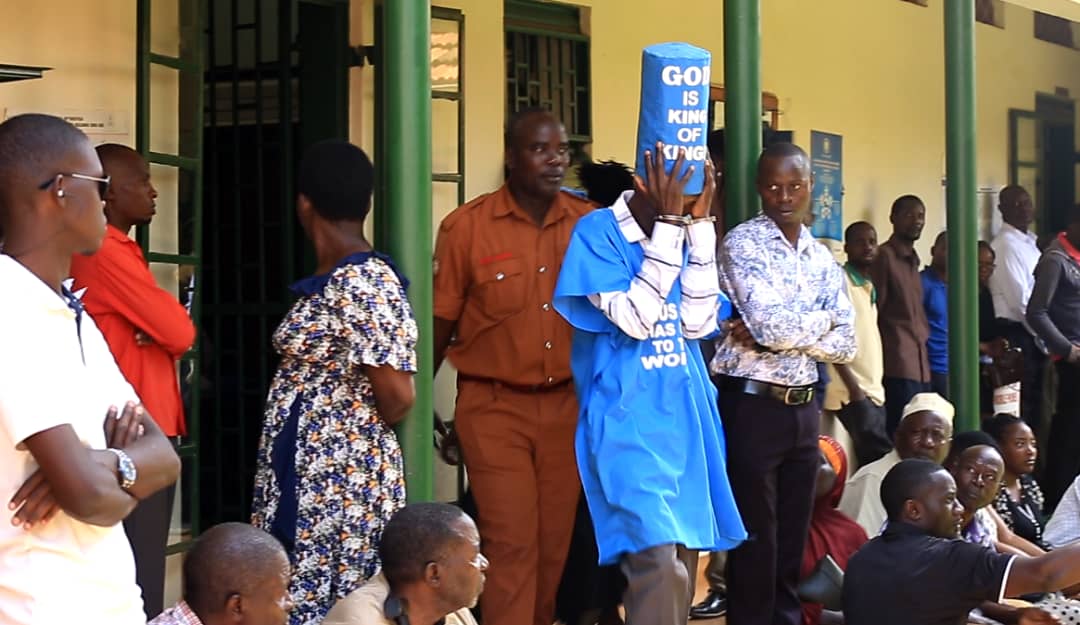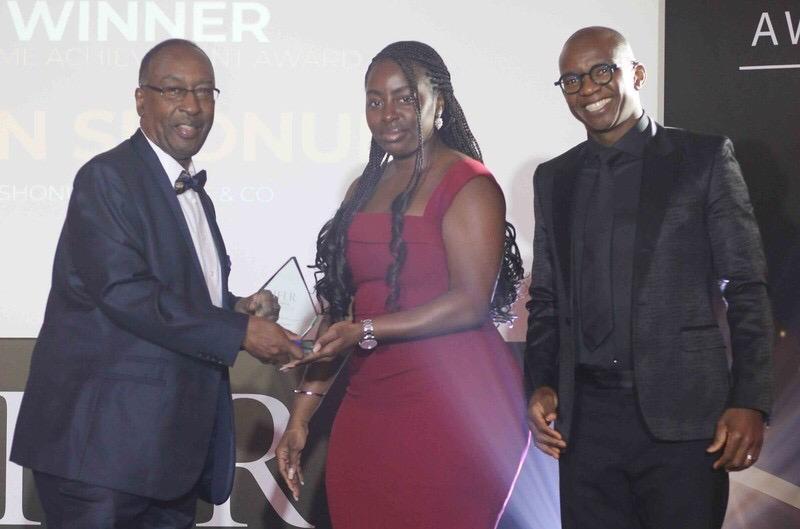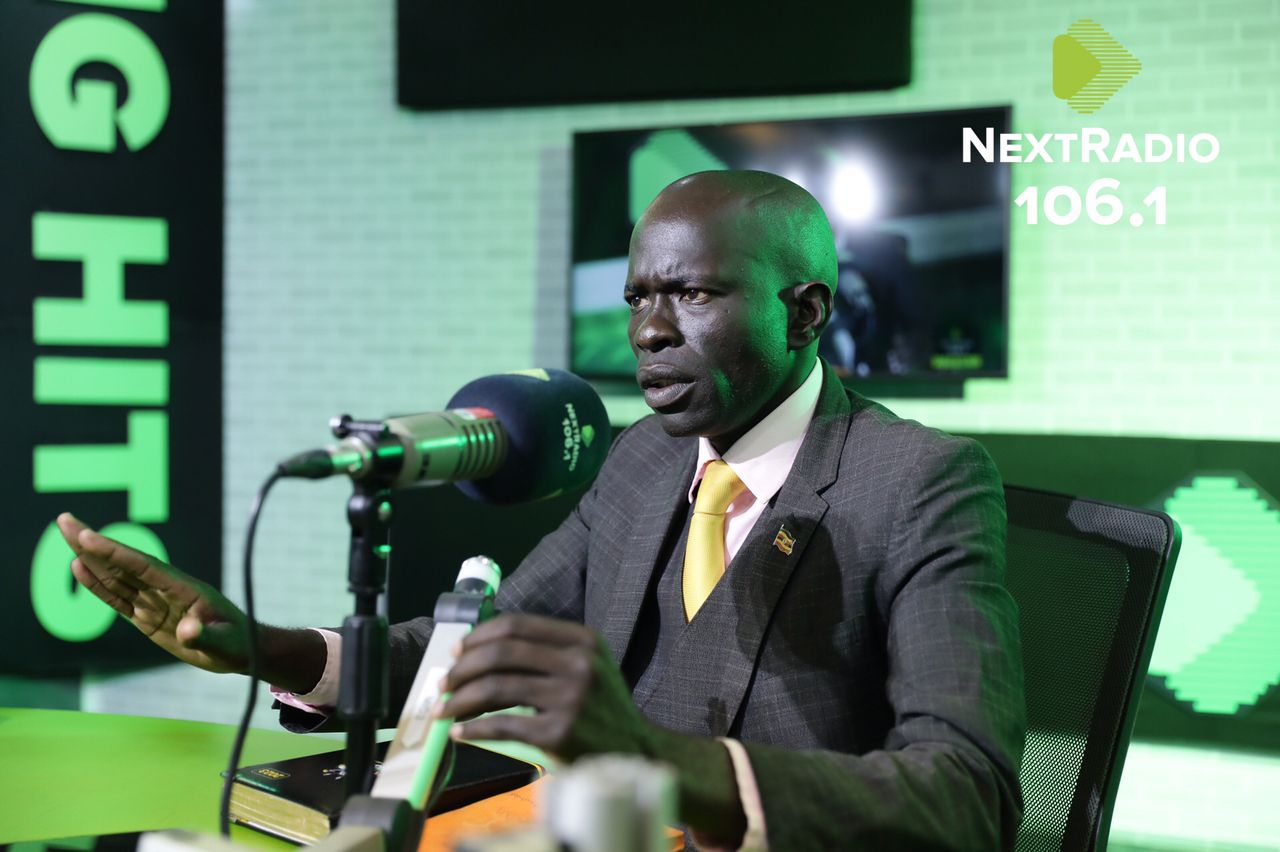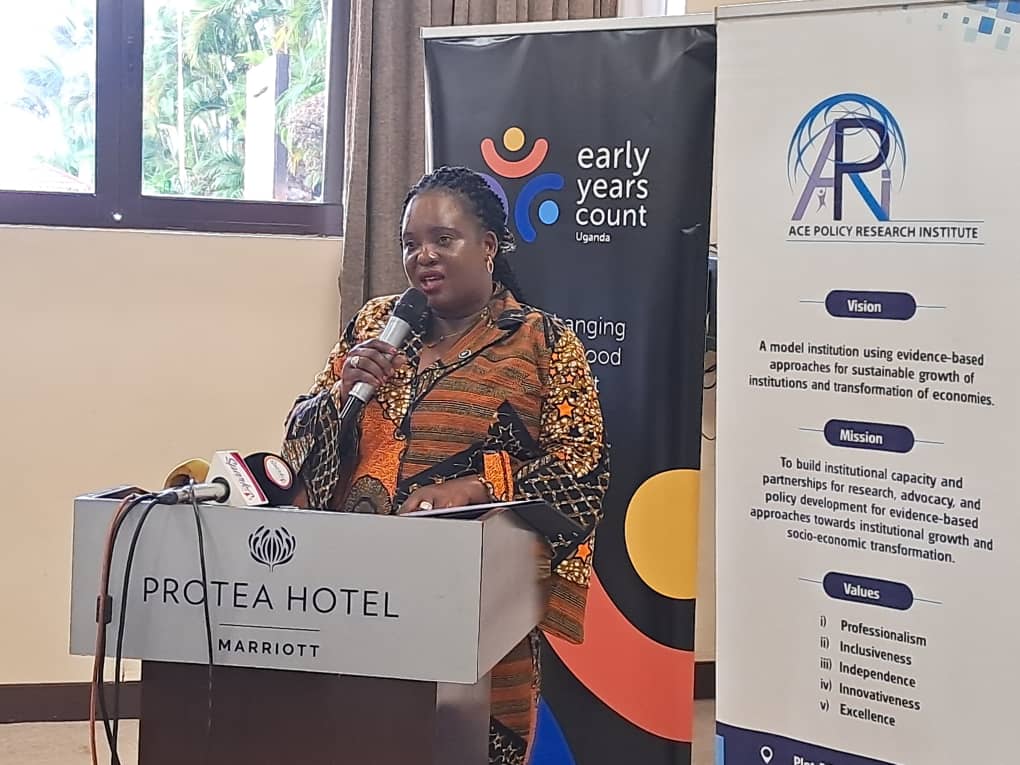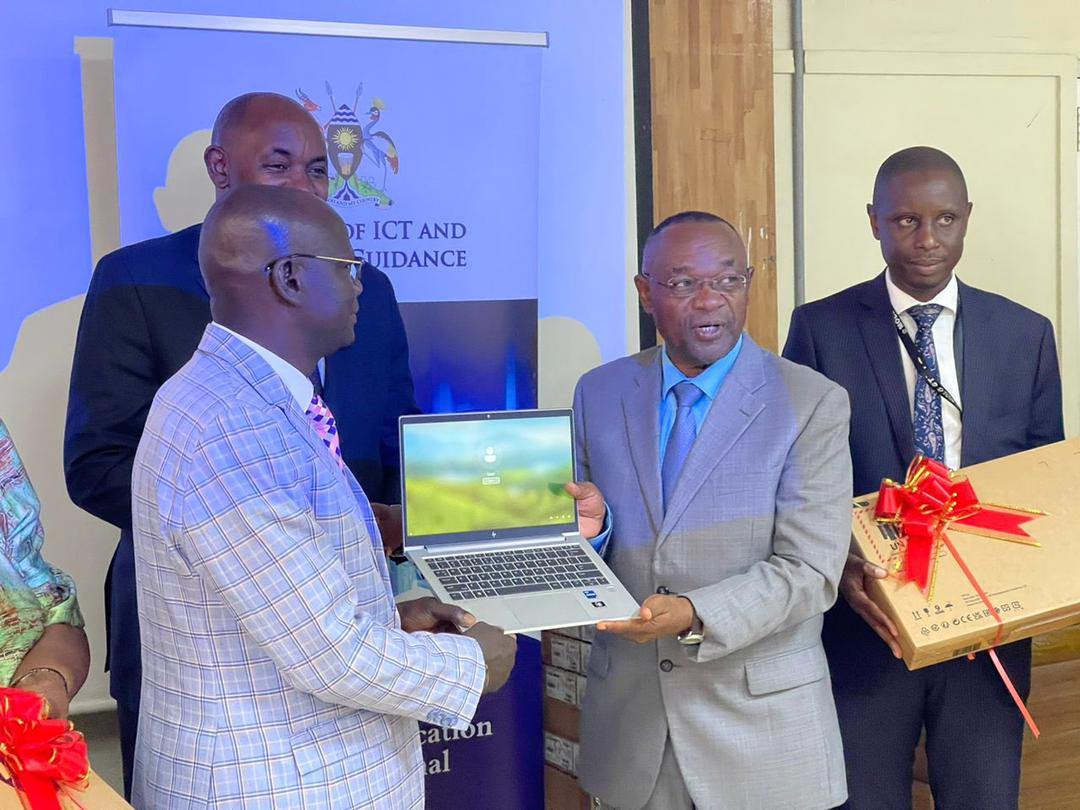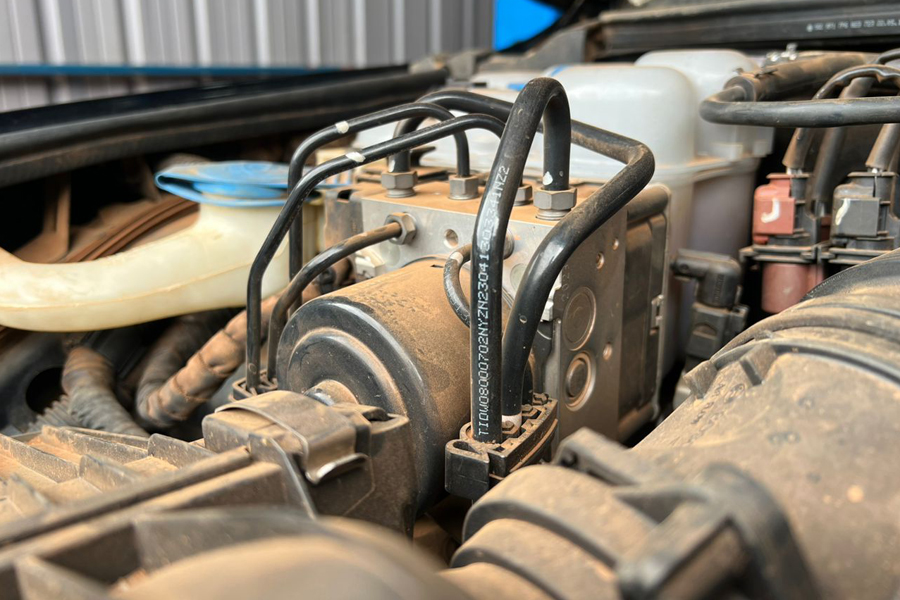Survey indicates only 8% of waste recycled
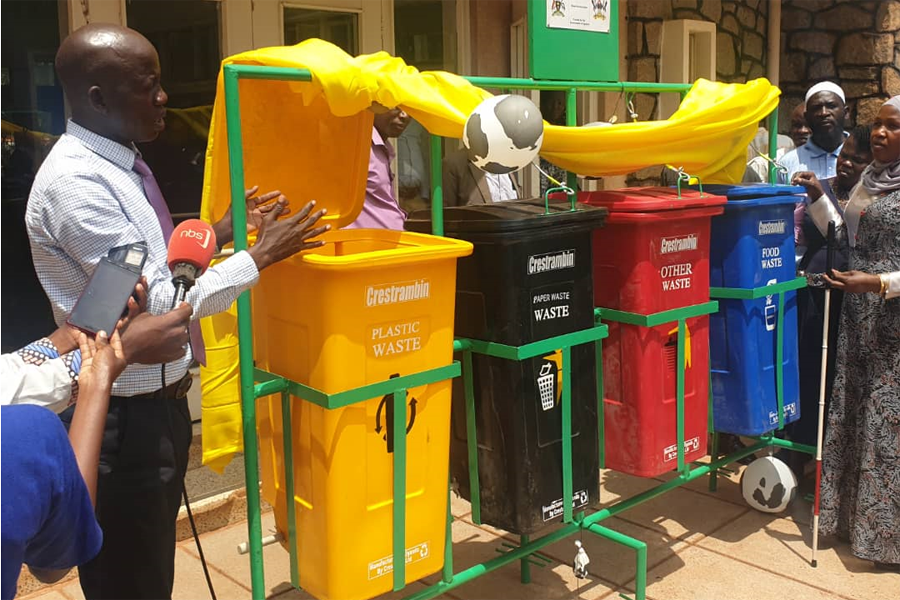
A new survey conducted on waste management and disposal in urban centres has revealed that out the 12,330 metric tonnes generated annually countrywide, only 8 percent is recycled.
The research conducted by Makerere University Research and innovation fund highlight lack of proper policies on waste management and disposal in the country.
In response to the ongoing danger posed by poor waste management and disposal, a team of researchers from Makerere University have conducted a survey between September 2022 and April 2024.
The findings indicate that 12,330 metric tonnes of garbage is generated in Uganda annually but only 8% is recycled.
"The project was financed by government lf Uganda through Makerere University research and innovation fund and it targets sustainable waste management in Uganda," Julius Opiso, the principal researcher, said.
He said they interacted with different leaders and city dwellers in all cities in Uganda but the challenges are quite similar.
"Out of the 32 people we interviewed across the country, we found out there is no separation of waste at the source and during transportation which makes it hard to be recycled," he said.
During official dissemination of the survey the stakeholders noted that the situation has been exacerbated by laxity in enforcing policies on waste management and disposal hence they want government to construct waste management centres since local authorities lack the resources
"We don't have stringent laws on waste management in Uganda like it is done in Rwanda and Kenya especially enforcing the ban on kaveera," said Ernest Nabihamba, senior natural resources and rnvironment officer at Jinja City.
Prossy Nakitto, the principal health inspector Jinja City, says there is need to use the carrot and stick approach to enforce the waste management and disposal guidelines if the country is to to achieve the sustainable waste management agenda.
Dr Ezra Muhumuza, the executive director if Uganda Manufacturers Association (UMA), said there is need for all stakeholders in the chain of waste production and consumption to get involved in the sensitisation campaign against poor waste disposal
"For example, plastic bottles are hard to be collected because of the low value attached to them as it is valued at 2 cents per bottle, hence recycling becomes expensive. Now how much should be attached to it, for it to attract people to collect it?" he wondered.
For better better sustainable waste management and disposal the researchers are advocating for comprehensive strategy on segregation of waste at all levels to enable sorting and recycling.
He was supported by the secretary for works Jinja City, Juma Sozi, who reasoned that collecting a 100kg of bottles you need a big space which is hard to find in Uganda, hence there should be other solutions to such challenges.
"Let us start separating the waste right from the source, during transportation and probably to the landfill," Opiso said.
Despite the several interventions government and other players, waste management and disposal remains one of the major challenges in most urban authorities.



